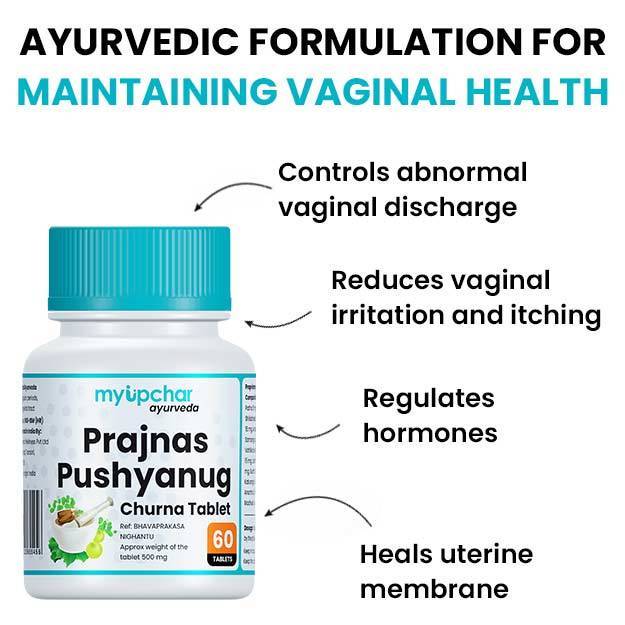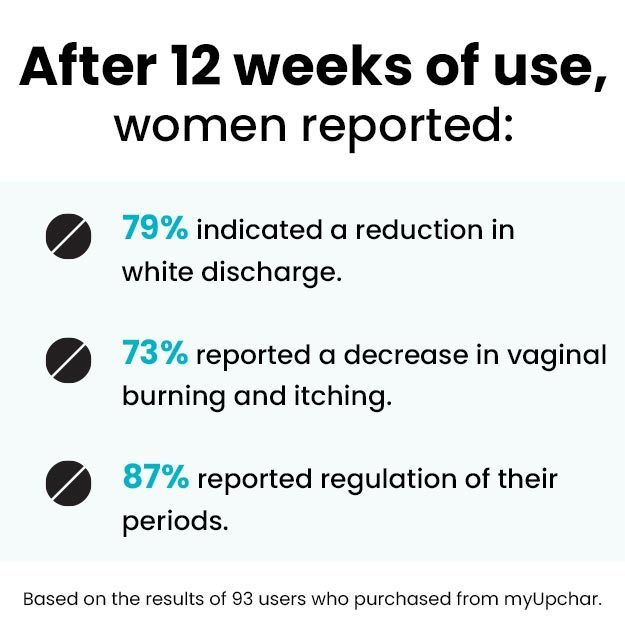What is a Factor V Leiden test?
Factor V is a protein responsible for blood clot formation and prevention of excessive bleeding due to injuries. In the normal blood clotting mechanism, factor V is activated along with the activation of blood platelets and once clotting happens, it is usually inhibited by activated protein C, which prevents the formation of larger clots. However, if there is a gene mutation in this factor V, it develops resistance to activated protein C. As a result, the clotting process remains active and there is an increased risk of developing a blood clot in the deep leg veins (DVT). Occasionally, the clot may break off and cause blocking of a vein, i.e, venous thromboembolism (VTE).
A factor V Leiden test is a blood test that evaluates genetic mutations in factor V, a blood-clotting protein to prevent such conditions.


































